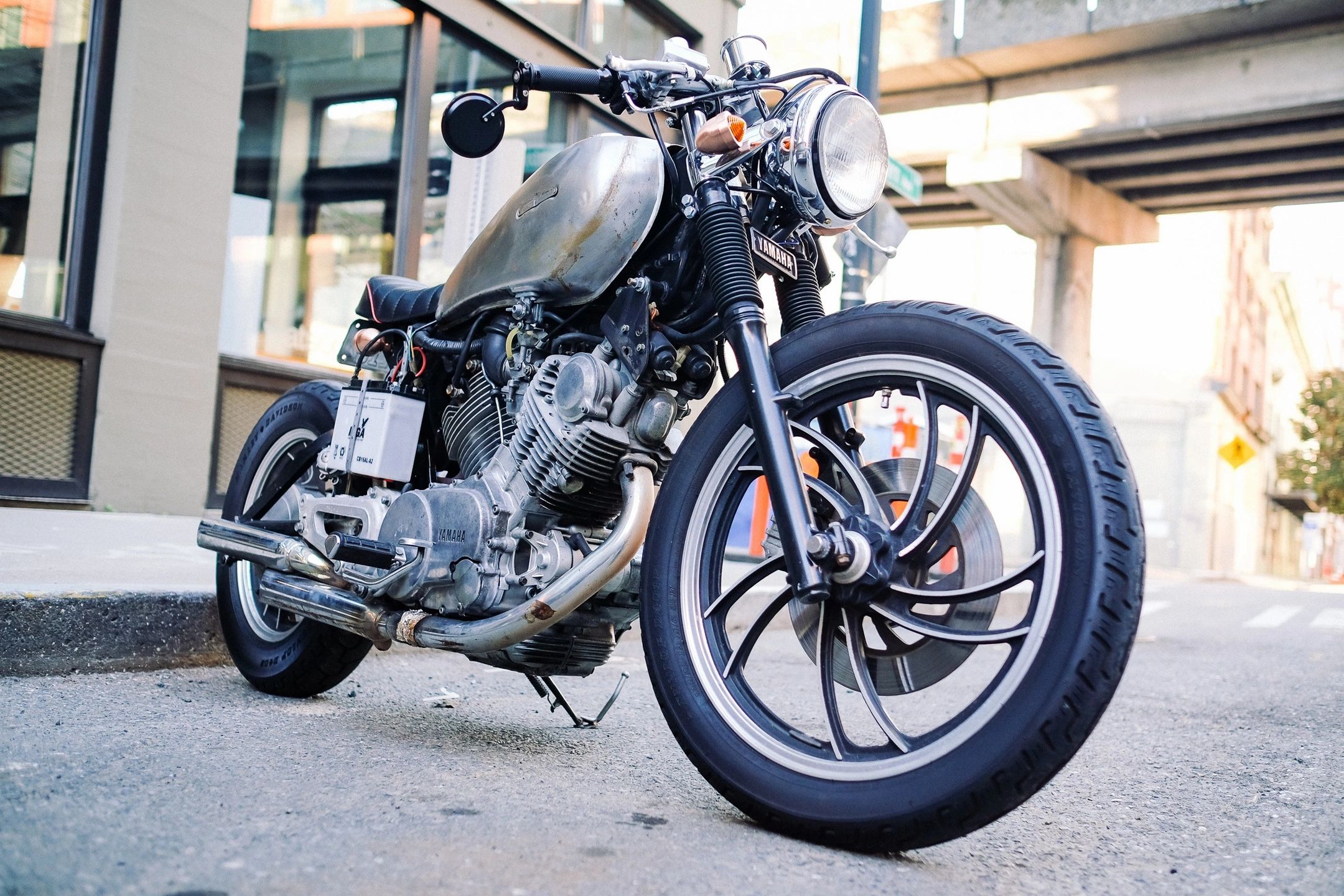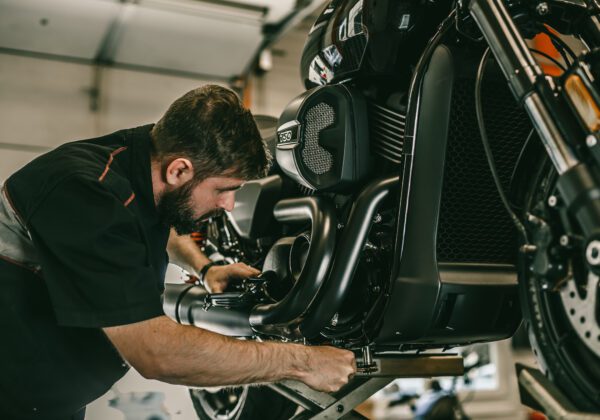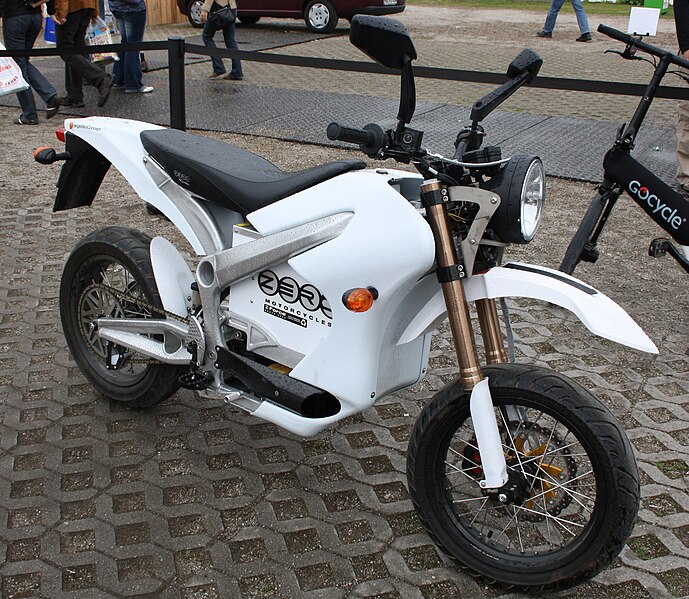Understanding the Resale Value of Different Powersport Vehicles

Navigating the powersport market can be as thrilling as riding the vehicles it sells, especially when it comes to understanding the intricacies of resale value. Whether you’re looking to sell your motorcycle, ATV, UTV, or other powersport vehicles, comprehending how various factors influence their depreciation is key to maximizing your investment. This extensive guide will help you grasp the resale dynamics, focusing on motorcycles, ATVs, and UTVs to ensure you make informed decisions that optimize your financial returns.
The Basics of Powersport Vehicle Depreciation
Depreciation affects all vehicles, but the rate at which it impacts different types of powersport vehicles can vary significantly. Factors like the brand, model, usage, and overall market conditions play crucial roles in determining how much a vehicle will retain its value over time. By understanding these variables, sellers can strategically position their vehicles in the market to achieve the best possible resale price.
Key Factors Influencing Depreciation
Brand and Model Impact: Some brands and models are more sought after than others, affecting their ability to retain value. For motorcycles, brands like Harley-Davidson and Ducati often depreciate less due to their iconic status and high demand. In the ATV segment, brands like Yamaha and Honda are known for their durability and reliability, which helps them maintain higher resale values.
Condition and Mileage: A vehicle’s condition and how much it has been used play significant roles in its resale value. Vehicles in excellent condition with lower mileage typically fetch higher prices on the resale market.
Market Trends and Economic Conditions: The demand for certain types of vehicles can fluctuate based on economic conditions and changing consumer preferences. Understanding these trends can help you time your sale to coincide with periods of high demand.
Aftermarket Modifications: Customizations can either increase a vehicle’s value if they are desirable in the market or decrease it if they are too personalized. Generally, vehicles kept close to their original condition tend to sell better.
Motorcycle Resale Value
Motorcycle resale values can vary significantly based on several key factors such as brand reputation, model popularity, age, and overall condition. Brands like Harley-Davidson and BMW are noted for retaining higher resale values due to their strong brand loyalty and perceived durability. For instance, models like the Harley-Davidson Road King and BMW R 1250 GS Adventure are particularly noted for their slower depreciation, thanks to their heritage, luxury features, and robust build quality designed for long-distance touring.
The age of the motorcycle also plays a crucial role in its resale value. Newer models tend to retain more value due to the latest technology and features, whereas older models may depreciate more unless they are considered vintage or classic, which can command a premium price. Moreover, motorcycles that are well-maintained and in good condition generally fetch higher resale prices. Usage and mileage are important too; bikes with lower mileage typically command higher prices since they are less worn.
For specific examples of how motorcycles depreciate, the Harley-Davidson Street Glide tends to lose about 3-5% of its value after one year, demonstrating a relatively slow rate of depreciation compared to other vehicles. This is partially due to the model’s popularity and robust resale market. Conversely, luxury touring bikes like the Honda Gold Wing can lose a more significant portion of their value within the first few years, reflective of the higher initial purchase price and more niche market appeal.
Understanding these factors and their impact on resale values can help motorcycle owners and potential buyers make better financial decisions when purchasing or selling a bike.
Strategies to Enhance Motorcycle Resale Value
Maintenance and Care: Regular maintenance not only prolongs the life of the motorcycle but also contributes to higher resale values. Keeping detailed records of service history can further enhance a motorcycle’s appeal to potential buyers.
Presentation: First impressions matter. A clean, well-maintained motorcycle is more likely to attract buyers and command a higher price.
Market Research: Use tools like Kelley Blue Book and NADA Guides to get an accurate estimate of your motorcycle’s value based on current market conditions.
ATV Resale Value
ATVs are subjected to harsher conditions than most other vehicles, which can accelerate their depreciation. However, understanding how to manage this can lead to better resale outcomes.
The first few years after purchase see the steepest decline in ATV values. Larger ATVs, for example, might see a depreciation of approximately 23% in the first year, while smaller models could lose around 27% of their initial value. However, this rate of depreciation typically slows down considerably after the initial years, stabilizing the vehicle’s market price as it ages.
Maintenance and the physical condition of an ATV are crucial in preserving its value. An ATV that’s been regularly serviced and shows minimal signs of wear will naturally hold a better resale value than one that’s been used extensively for labor-intensive tasks, which might exhibit more mechanical and cosmetic wear.
Strategies to Enhance ATV Resale Value
Proper Usage and Storage: How and where an ATV is used and stored significantly impacts its condition and, consequently, its value. Storing ATVs in a garage or under covers can protect them from environmental damage and slow down depreciation.
High-Quality Parts: Using high-quality parts for any repairs or upgrades can maintain the vehicle’s value better than cheaper alternatives.
UTV Resale Value
UTVs, or Utility Task Vehicles, are known for their versatility and durability, which can help sustain their value over time. However, like ATVs, they are often used in demanding conditions that can affect their long-term value. The resale value of UTVs (Utility Task Vehicles) is influenced by several factors that are similar to those affecting ATVs but are distinct in how they apply to the utility-focused design and usage of UTVs. Key elements such as brand strength, vehicle condition, usage patterns, and market trends play significant roles.
Brand Impact on Resale Value: UTVs from reputable brands known for durability and performance, such as Polaris, Can-Am, and John Deere, often retain higher resale values. These brands are favored for their reliability in utility tasks and recreational use, which reassures buyers about their long-term value.
Depreciation Dynamics: Like most vehicles, UTVs depreciate the fastest in the first few years after purchase. The rate of depreciation can vary based on the model and how the UTV is marketed — for instance, models known for heavy-duty performance and adaptability in rugged terrains tend to depreciate slower than those used primarily for light recreational purposes.
Condition and Usage: The physical state of a UTV at the time of resale significantly impacts its market value. UTVs maintained in excellent condition, with regular servicing and minimal physical damage, will fetch a higher price. On the other hand, UTVs used extensively for labor-intensive tasks or in harsh conditions might show accelerated wear and tear, leading to faster depreciation.
Modifications and Customizations: Customizations can either increase a UTV’s value if they add functional value and appeal to a broad audience or decrease it if they are overly specialized. Upgrades that enhance performance, such as improved suspension systems or added safety features, are generally seen positively.
When considering selling or trading in a UTV, it’s essential to accurately assess its worth by considering these factors. Checking industry standard pricing guides, consulting with dealerships for trade-in values, and comparing similar models in classified ads can provide a realistic picture of what to expect in terms of resale value.
Strategies to Enhance UTV Resale Value
Regular Maintenance: Just like motorcycles and ATVs, regular maintenance is crucial for UTVs. This includes engine checks, oil changes, and ensuring that all utility functions are in optimal condition.
Market Positioning: Given their use in both recreational and work environments, highlighting the versatility and robustness of a UTV can attract a wider range of buyers.
Conclusion
Understanding the depreciation factors and market dynamics of motorcycles, ATVs, and UTVs allows sellers to better prepare and position their vehicles for resale, maximizing returns while catering to the preferences of potential buyers. By implementing strategic care and marketing, sellers can significantly enhance the appeal and consequently the resale value of their powersport vehicles.
Ready to sell your motorcycle conveniently? Share this blog post with others who might find it useful, and don’t forget to comment with your own tips or experiences. To get started, visit Get Offer and discover the value of your motorcycle today.


